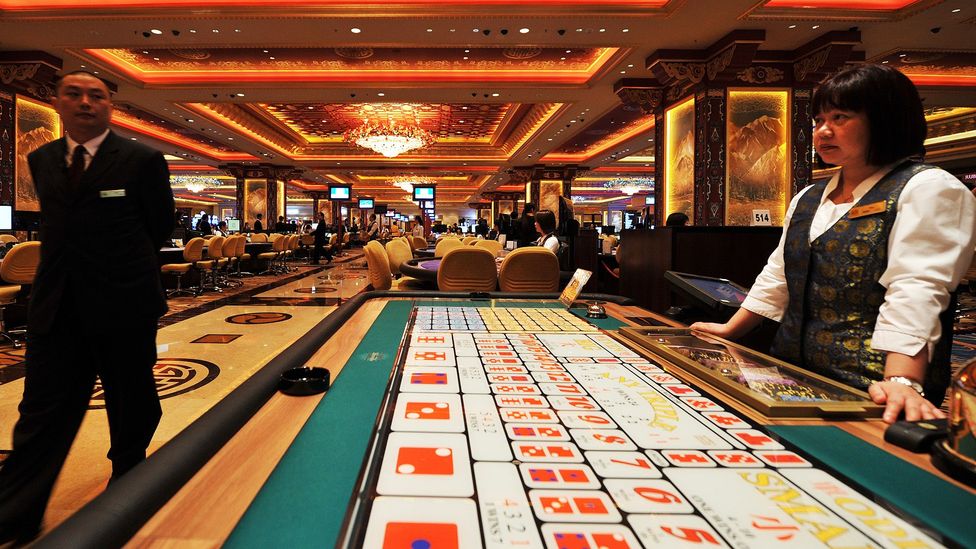Social Casino Games are some of the most popular gaming genres on Facebook. They generate huge revenue and profits for their creators. They are also a great way to build habit-forming features for your players.
Recently, reports surfaced about changes to Facebook’s online gambling advertising policy. It is necessary to obtain written permission from Meta before running ads promoting online gambling and gaming.

The social media company has updated its advertising policy to require that advertisers obtain prior written permission before running online gambling or gaming ads. This includes all games where anything of monetary value is included as part of the method of entry or prize, such as lottery tickets, raffles, casino games, fantasy sports, poker, bingo, and skill game tournaments. The company also requires that such games be appropriately licensed by regulators or lawful in the geographic territories or locations they target.
The new rules come in response to a class action filed by players who claim that Facebook, Apple, and Alphabet’s Google are promoting illegal casino apps on https://onca.cc their platforms. The judge in the case has dismissed several of the plaintiffs’ claims, but he has certified it for immediate appeal by the 9th US Circuit Court of Appeals. The ruling has significant implications for the online gaming industry. In particular, the companies could face liability for facilitating the processing of virtual chips sold by casino games.
While social casino games do not offer the opportunity to win real money, they can still be addictive. The game features that make them habit-forming include progression, weekly playoffs and reward systems. These features can turn casual gamers into lifetime fans. However, social casino developers need to balance player experience with avoiding addiction.
Meta’s updated gambling advertising policy requires written permission to run online gambling and gaming ads. It applies to all services or products that feature anything of monetary value as part of the prize or method of entry. This includes casino games, lotteries, sports betting, fantasy sports, poker, bingo and skill game tournaments.
Brick-and-mortar casinos and state and government lotteries do not require approval, as long as the landing page doesn’t promote online gambling. Meta also allows aggregator and affiliate sites to advertise gambling promotions, provided they meet a series of criteria regarding licenses and protection of minors. These requirements will be enforced starting from July 2022.
While the core gameplay loop is critical to any mobile game’s initial success, additional meta features can increase player retention by creating a habit forming experience. For example, weekly playoffs can encourage players to return and try their luck again, even if they don’t win the first time around.
The US social media giant Facebook has updated its marketing policy to require written permission from gambling companies seeking to promote their services on its platform. These requests must include evidence that the gambling activities promoted are licensed by regulators and/or established as lawful in the territories they target. Facebook will also not allow gaming and gambling ads to be directed at people under 18 years of age.
Social casino games blur the lines between real money and virtual currency gaming and are a growing part of the unregulated iGaming industry. These games can be fun for players who play for the excitement and stimulation they provide, but many are also played for relaxation or to escape from daily life.
The US technology conglomerate Meta has updated its online gambling advertising rules. In an attempt to clear up any confusion, the company has published a page that lists the requirements for companies wanting to advertise iGaming products on Facebook. It has also reiterated that only regulated websites can advertise on the platform.
The new regulation requires written permission from Meta to promote all forms of online gambling and gaming, including casino games, sports betting, lotteries, fantasy sports, poker, bingo, raffles and skill game tournaments. The company notes that monetary value in this context includes cash and digital currencies like Bitcoin.
The new policy also outlines limitations for social casino games that include in-game purchases and monetization strategies that reward players with a high ARPDAU or ARPPU. This will help companies better understand how social casino games impact players. Moreover, it will be possible for them to create more targeted ads that cater to specific groups of players.